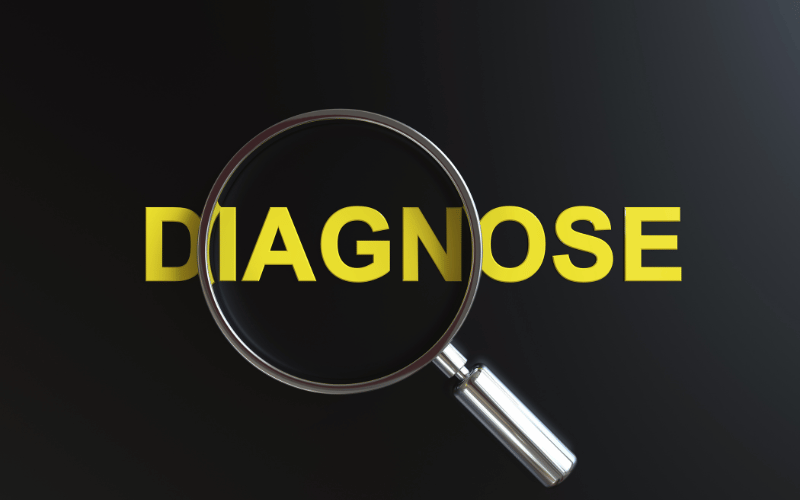6. Diagnosis of HCC: Navigating the Path to an Accurate Verdict

Diagnosing HCC isn’t a one-step process. It’s a combination of clinical evaluations, imaging, and, at times, tissue sampling. An initial suspicion may arise from abnormal liver function tests or a routine ultrasound, especially in high-risk individuals.
Imaging techniques like CT (computed tomography) and MRI (magnetic resonance imaging) offer detailed views of the liver. These scans can pinpoint tumor size, location, and even its nature to a certain extent. Specific patterns on imaging often provide clues to the tumor’s benign or malignant status.
While imaging provides substantial insights, a definitive diagnosis usually hinges on a biopsy. Here, a tiny sample of the liver tissue, taken using a needle, undergoes microscopic examination. The presence of cancerous hepatocytes confirms HCC.
It’s not just about identifying the presence of HCC. Understanding its extent is crucial. Has it invaded neighboring organs? Are distant parts of the body affected? Advanced imaging and blood tests can help determine the stage of HCC, guiding treatment decisions.
Blood tests can also detect elevated levels of alpha-fetoprotein (AFP), a marker sometimes associated with HCC. Though not definitive, elevated AFP in conjunction with other findings can strengthen the case for an HCC diagnosis. (6)